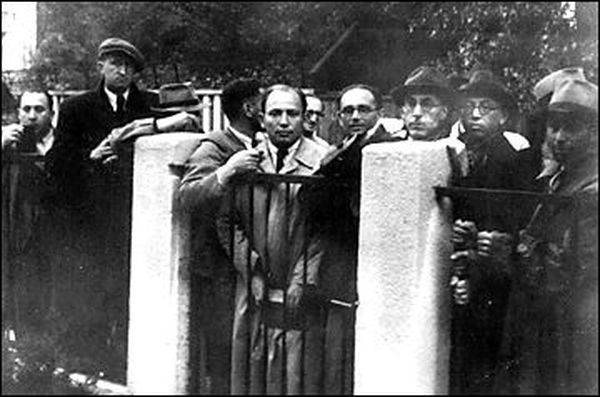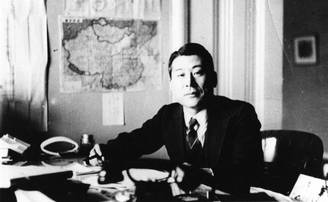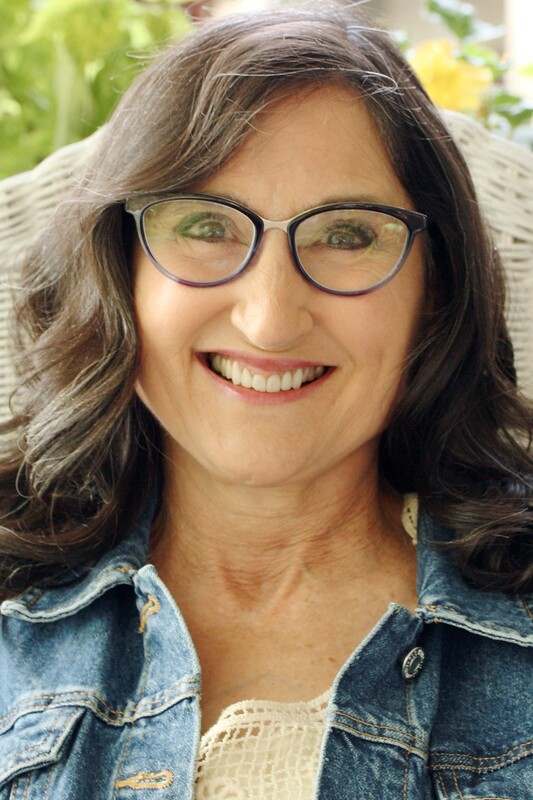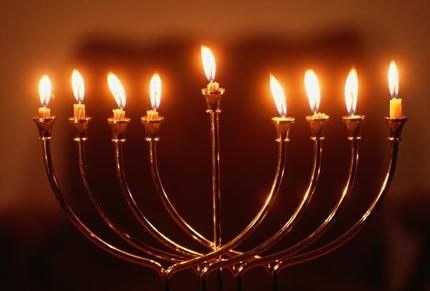 It's 1939 Lithuania. A young boy wants to see the latest Laurel and Hardy movie, but he's given away his allowance to help Jewish refugees, thousands of them flooding in from Poland hoping to escape the Nazis. Solly decides to hit up his aunt for a loan, one Lithuanian coin for the movie. At his aunt's shop a stranger overhears Solly's request and spontaneously offers the boy two coins. On impulse, the boy invites the stranger to his family's first night of Chanukah celebration. That's how the Japanese Consul to Lithuania Chiune Sugihara came to attend Jewish Chanukah. 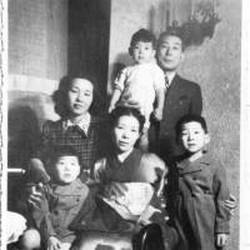 Sugihara noticed the affection between Solly's relatives and it reminded him of his own family, and of similar Japanese festivals. A friendship grew between the Japanese man and the Russian Jewish boy and his father. The following summer, Sugihara and his wife and children, woke one morning in mid-July to an enormous clamor outside. Peering out the window, they saw scores of people crowded up against the consulate fence. They were Jewish refugees desperate to flee the Nazis. Most countries In little time, one hundred people grew to two hundred, and within days, thousands lined up in fear for their lives, believing their only path to freedom might be a Japanese transit visa, the ticket to a Soviet exit visa. They had few options. Most of the free world refused to take in Jewish refugees from Poland or anywhere in Nazi-occupied Europe. Three times Chiune Sugihara wired Tokyo for permission to issue the Jewish refugees visas. Three times he was denied. He discussed the situation with his wife and children. "I spent an entire night plunged in thought," he wrote later. A career diplomat, bound by the traditional obedience of the Japanese culture, Sugihara knew he risked disgrace, and he feared for the safety of his wife and children. "I could have refused to issue them, but would that, in the end, have truly been in Japan’s national interest? I came to the conclusion, after racking my brain, that the spirit of humane and charitable action takes precedence above all else," he wrote in is 1984 memoir. "“I am convinced to this day that I took that path of action faithfully, putting my job on the line, without fear or trepidation in my heart.” 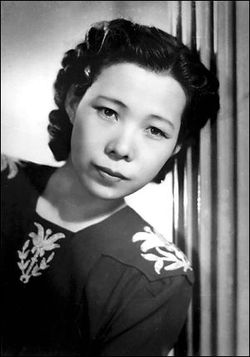 Sugihara and his wife Yukiko sat down and began to write visas. For 29 days, from July 31 to August 28, 1940, they wrote and signed visas by hand, more than 300 a day. Yukiko made him sandwiches, when Sugihara refused to stop for meals. Jewish refugees lined outside waiting and when some climb over the consulate fence, Sugihara paused to go out and promise he was doing all he could to help them. "They were human beings and they needed help," he said later. "I'm glad I found the strength to make the decision to give it to them." Sugihara was a religious man and believed in a universal God of all people. He was fond of saying, "I may have to disobey my government, but if I don't I would be disobeying God." 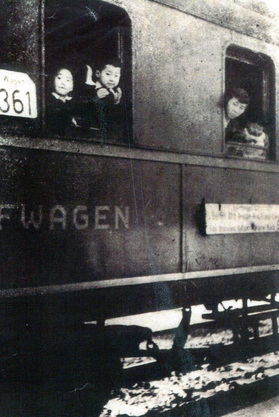 At the end of August, Sugihara was sent to a new post. As his family boarded the train to Berlin, he continued issuing documents through the window, and as the train left the station, handed his consul visa stamp to a refugee to authenticate more visas. Sugihara is credited with saving some 6000 Jews from the Nazis. As for Sugihara's young friend...most of Solly's family was murdered in the Holocaust. But Solly and his father survived in one of the outer camps of Dachau. Ironically, in May 1945, Solly was liberated by Japanese American soldiers of the 522nd Field Artillery Battalion, men who had been interned in their own country. Thanks to the Japan Times and the Jewish Virtual Library for photos and information. |
I'm fascinated to discover little-known history, stories of people and events that provide a new perspective on why and how things happened, new voices that haven't been heard, insight into how the past brought us here today, and how it might guide us to a better future.
I also post here about my books and feature other authors and their books on compelling and important historical topics. Occasionally, I share what makes me happy, pictures of my garden, recipes I've made, events I've attended, people I've met. I'm always happy to hear from readers in the blog comments, by email or social media. Archives
September 2023
Categories
All
|
